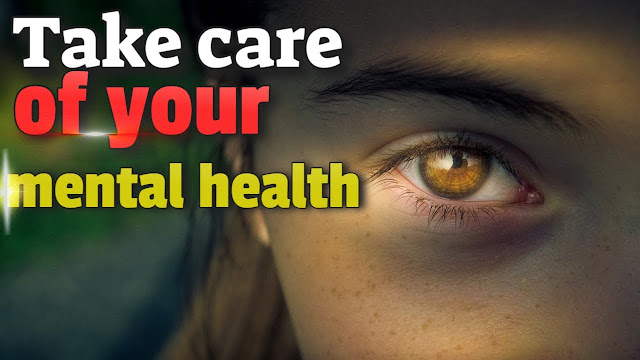Take Care of Your Mental Health After A Disaster
It is natural to feel stress, anxiety, grief, and worry during and after a disaster. Everyone reacts differently, and your own feelings will change over time. Notice and accept how you feel. Taking care of your emotional health during an emergency will help you think clearly and react to the urgent needs to protect yourself and your family. Self-care during an emergency will help your long-term healing.
Take the following steps to cope with a disaster:
Take care of your body– Try to eat healthy well-balanced meals, exercise regularly, and get plenty of sleep. Avoid alcohol, tobacco, and other drugs.
Connect with others– Share your concerns and how you are feeling with a friend or family member. Maintain healthy relationships, and build a strong support system.
Take breaks– Make time to unwind and remind yourself that strong feelings will fade. Try taking in deep breaths. Try to do activities you usually enjoy.
Stay informed– When you feel that you are missing information, you may become more stressed or nervous. Watch, listen to, or read the news for updates from officials. Be aware that there may be rumors during a crisis, especially on social media. Always check your sources and turn to reliable sources of information like your local government authorities.
Avoid too much exposure to news– Take breaks from watching, reading, or listening to news stories. It can be upsetting to hear about the crisis and see images repeatedly. Try to do enjoyable activities and return to normal life as much as possible and check for updates between breaks.
Get out of the house - If it’s safe to do so, remove yourself from the lure of news channels and spinning thoughts. Whether your family is feeling physically trapped, by loss of power or a long stint indoors as the weather rolled through, or emotionally trapped, by sadness weighing heavy on their hearts, offer a way out. Visit a friend or a business that’s reopened. Even a walk around the block will work wonders to help all of you feel less cooped up and to begin processing.
Seek help when needed– If distress impacts activities of your daily life for several days or weeks, talk to a clergy member, counselor, or doctor, or contact the Substance Abuse and Mental Health Services Administration (SAMHSA) helpline at 1-800-985-5990.
Look out for these common signs of distress:
- Feelings of feelings of fear, anger, sadness, worry, numbness, or frustration
- Changes in appetite, energy, and activity levels
- Difficulty concentrating and making decisions
- Difficulty sleeping or nightmares
- Physical reactions, such as headaches, body pains, stomach problems, and skin rashes
- Worsening of chronic health problems
- Increased use of alcohol, tobacco, or other drugs

.png)


Comments
Post a Comment